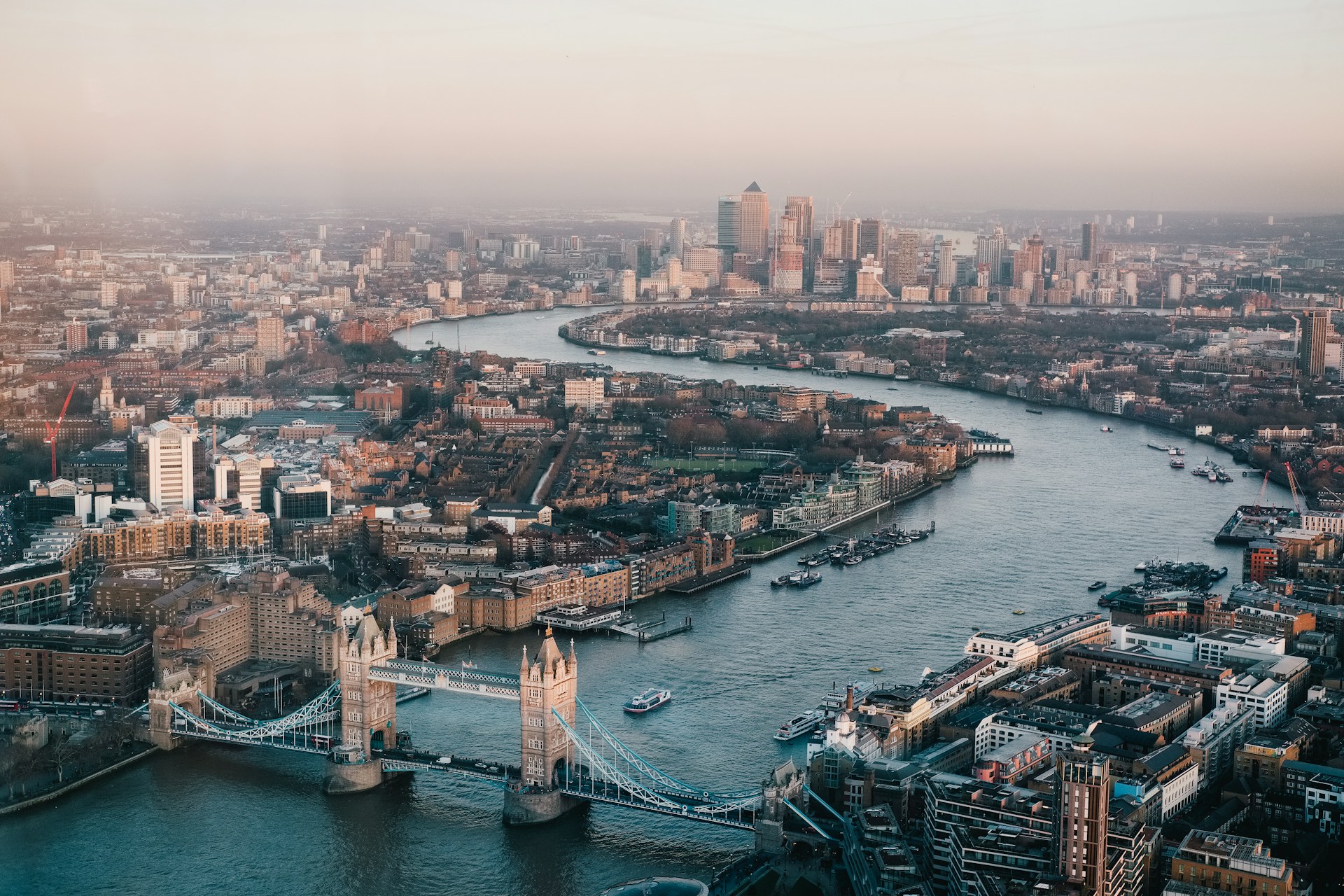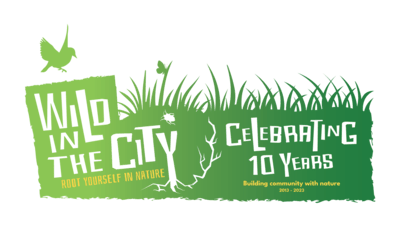
Press Release – Air pollution to be given consideration when investigating cause of illness
Published on 12/03/24
Wild in the City is pleased to hear that air pollution will be given consideration in the diagnosis of children presenting at Great Ormand Street Hospital. In collaboration with Imperial College London, air pollution levels for patient’s postcodes are now easily accessible and added to their medical records. We congratulate Rosamund Adoo-Kissi-Debrah on her efforts to bring change following the death of her daughter Ella Adoo-Kissi-Debrah in 2013 due to an asthma attack which was triggered by air pollution.
Great Ormand Street have added data to patients’ electronic records to provide information on fine particular matter (PM2.5) and nitrogen dioxide, and indicate if they exceed World Health Organisation safe levels. The record will also have links to further information and training to help clinicians consider whether air pollution is a factor in their child’s illness, how it affects them, and if there are steps to be taken to help.
In 2020, Ella became the first person in the UK to have air pollution listed as a cause of death on her death certification. The coroner, Philip Barlow, noted that Ella’s mother, Rosamund, “was not given information about the health risks of air pollution and its potential to exacerbate asthma.” Rosamund told the inquest that “moving would have been the first thing to do” if she had been told that her daughter was being harmed by the air she was breathing. She further stated, “There seems to be a disconnect between medical and public health, so public health has all the information and medics don’t. They need to work together much more closely.” In his ‘Prevention of Future Deaths’ report, Barlow called on medical staff to do more to inform families about the dangers of air pollution.
UCL estimate that air pollution is responsible for the premature death of 48,625 adults in the UK each year, with 79% of the UK exceeding the World Health Organization’s guideline for safe fine particular matter levels.i The World Health Organization’s Air Quality guidelines can be read here.
Toxic air is frequently over permissible limits.ii People of colour are disproportionately affected by toxic air. People of colour are more likely to live in areas with high air pollution levels and levels over the legal limit.iii People of colour are also less likely to live close to trees and greenspaces which reduce air pollution and have positive benefits for health.iv
In addition to asthma, air pollution is linked to many forms of ill health including respiratory and cardiovascular diseases, stroke, dementia, cancer, fertility problems and foetal development. A 2023 report from Imperial University states that “Children living in London are particularly at risk of developing lifelong, chronic conditions, including poorly developed lungs, asthma, high blood pressure, inattention and hyperactivity, and mental illness.”v
Key concerns
- UK cities frequently breach legal limits for toxic air
- Air pollution causes harm to health at all stages of life
- More ethnically diverse neighbourhoods have higher levels of air pollution
- People of colour are disproportionately affected by air pollution
Beth Collier, Director of Wild in the City, said, “People of colour are disproportionately disadvantaged by many city stressors, including air and noise pollution and live in less proximity to the positive health benefits of nature that could mitigate the harm. Acknowledging the health impacts of environmental issues beyond our individual personal control is a big step towards understanding environmental stressors as a public health issue, air pollution makes us unwell and can kill.
The government should do more to initiate action to eradicate toxic air. It shouldn’t be up to the tireless work of campaigners such as Rosamund Adoo-Kissi-Debrah to ‘fight’ for change when the research so clearly tells us that air pollution harms us all, and that some of us are more exposed than others. As Adoo-Kissi-Debrah says, it is a “public health emergency.” We need to challenge a social acceptance of air pollution as a necessary consequence of modernity. It is not benign; it is harming our health. We need to shift expectations for change to be immediate. The medical profession normalising air pollution as a cause of ill health is an important part of recognising the harm.”
About Wild in the City’s work and the impact of air pollution
Wild in the City works to support the well-being of people of colour, through relationship with nature. We create a secure base for nurturing a deeper relationship with nature and help people of colour find their place in UK countryside, recognising the trauma of disenfranchisement from nature[vi] and the health consequences of not spending time in nature.vii
Over 98% of people of colour live in cities and have less proximity to nature and the health benefits, whilst living in closer proximity to city stressors which harm our health. Trees and greenspaces decrease the levels of small particulate matter and improve air quality, so it is vital that people have greenspaces close by. People of colour have less access to nature close to their homes, 40% of Black And Minority Ethnic (BAME) people live in the most green space-deprived areas, compared to 14% of white people, and only 39% of BAME people live within a five-minute walk from green space, compared to 57% of British adults. For more information about Wild in the City, visit wildinthecity.org.uk or email sylvia@wildinthecity.org.uk.
References
i https://www.ucl.ac.uk/news/2023/oct/uk-air-pollution-regulations-will-reduce-deaths-do-little-protect-ecosystems
ii https://data.london.gov.uk/dataset/air-quality-monitoring-diffusion-tube-results
iii https://www.imperial.ac.uk/news/163408/ethnic-minorities-deprived-communities-hardest-pollution/
iv https://www.runnymedetrust.org/blog/the-race-factor-in-access-to-green-space
v https://www.imperial.ac.uk/news/244355/review-highlights-lifelong-health-impacts-pollution/
vi https://theecologist.org/2019/oct/10/black-absence-green-spaces vii https://www.runnymedetrust.org/blog/the-race-factor-in-access-to-green-space
Sign up to learn more about our Nature Connectors programme
Nurture a closer relationship with the natural world and with others.
